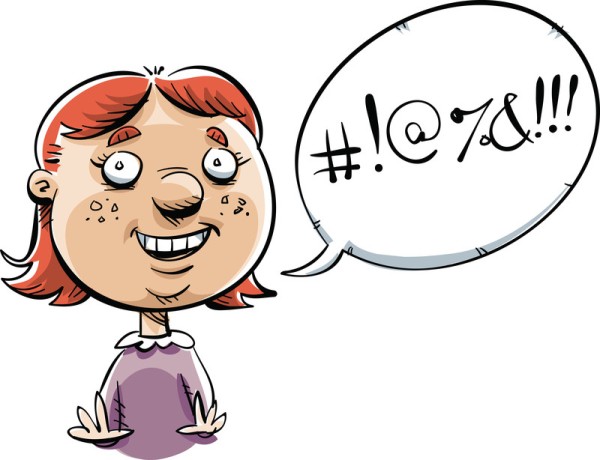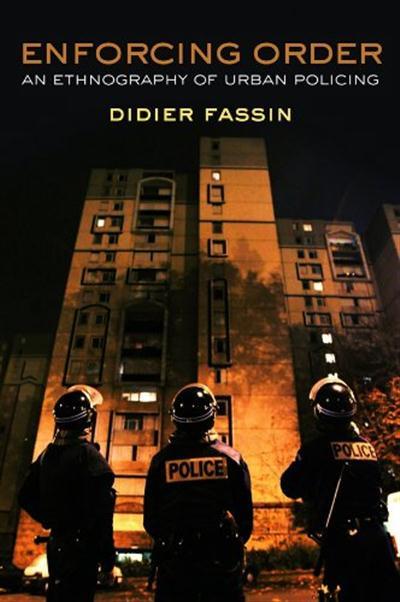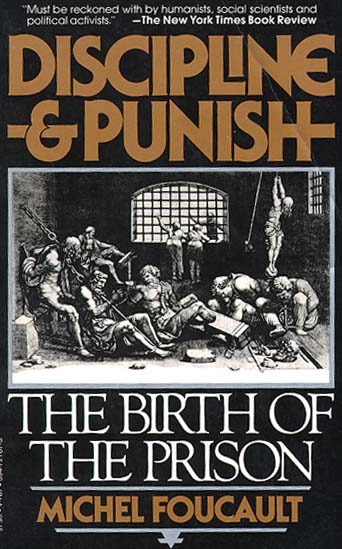Paul V. Kroskrity defines “language ideologies” as the “beliefs, feelings, and conceptions about language structure and use, which often index the political-economic interests of individual speakers, ethnic and other interest groups, and the nation-state." (2015, 95) In other words, language ideologies are our beliefs about languages and their users. To further elaborate, it is through... Continue Reading →
Concepts in Linguistic Anthropology: Community of Practice and Swearwords
The concept of ‘community of practice’ was first introduced to language and gender research by Penelope Eckert and Sally McConnel-Ginet (Pichler 2015, 196) who define it as “an aggregate of people who come together around mutual engagement in an endeavor. Ways of doing things, ways of talking, beliefs, values, power relations - in short, practices... Continue Reading →
Reversing the Irreversible Flow of History
What is the purpose of punishment? A tool for justice? Or a legitimate way of taking revenge? When justice is sought, why do we ask the question 'who should we punish' instead of asking 'why do we punish'? As Nietzsche writes in On the Genealogy of Morals, institutions of law take revenge out of the... Continue Reading →
Precarious Life: The Powers of Mourning and Violence / Judith Butler
"The media’s evacuation of the human through the image has to be understood, though, in terms of the broader problem that normative schemes of intelligibility, establish what will and will not be human, what will be a livable life, what will be a grievable death. These normative schemes operate not only by producing ideals of... Continue Reading →
State, Police, and Justified Violence
Didier Fassin writes in his ethnography of urban policing in France: "Expressing surprise at the existence of police violence could be considered as remarkable in itself. From a sociological point of view-and thus beyond the specific situation in France, violence is in fact constitutive of the very role of law enforcement. In modern societies, it... Continue Reading →
Enforcing Order: An Ethnography of Urban Policing / Didier Fassin
In the interview he granted me shortly after the riots of 2005, the chief of police for the district in which I was then carrying out research expressed his amusement and surprise at the attitude of youngsters from the projects who, he said, would routinely run away when they saw a police car. “So they’re... Continue Reading →
Asking the Right Questions During Hong Kong Protests
The four-day occupation of Chinese University of Hong Kong has come to an end (for now?). And every student that took part in the construction and utilization of a fortified base around the campus were able to peacefully evacuate the place with no outside intervention. During the extraordinary occupation, I got to witness the various... Continue Reading →
Discipline and Punish: The Birth of the Prison / Michel Foucault
What is now imposed on penal justice as its point of application, its ‘useful’ object, will no longer be the body of the guilty man set up against the body of the king; nor will it be the juridical subject of an ideal contract; it will be the disciplinary individual. The extreme point of penal... Continue Reading →
‘Age’, a Product of Modernity
If you ask the question "what is the age of consent?", the most reasonable answer, perhaps, would be: "it depends". Because, as can be seen, the age of consent varies a lot around the world. Therefore, there is no universal understanding of what the age of consent should be. Taking it a step further, further... Continue Reading →
After Virtue / Alasdair MacIntyre
Consider the example of a highly intelligent seven-year-old child whom I wish to teach to play chess, although the child has no particular desire to learn the game. The child does however have a very strong desire for candy and little chance of obtaining it. I therefore tell the child that if the child will... Continue Reading →









